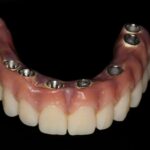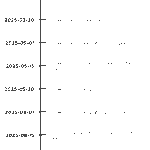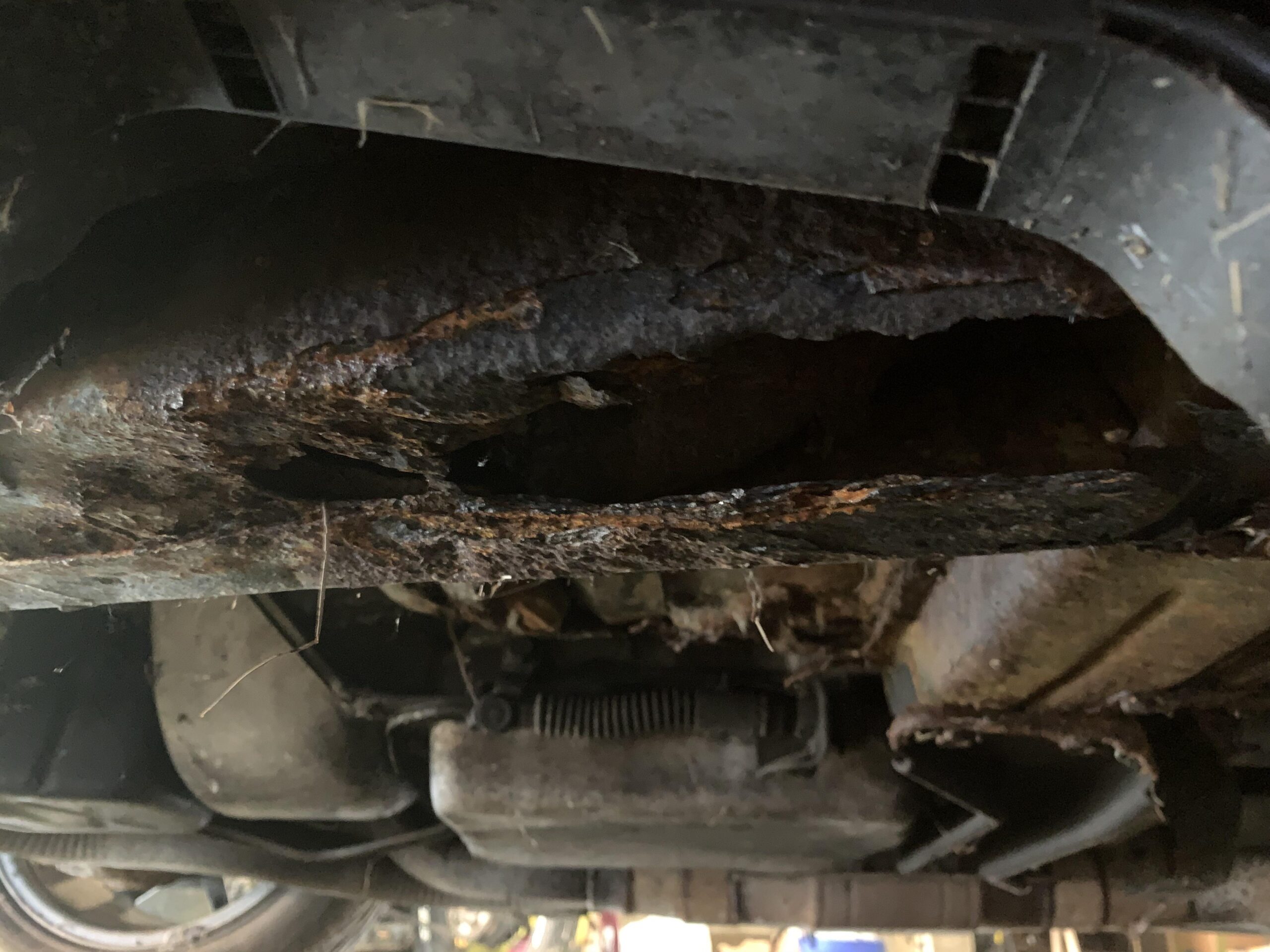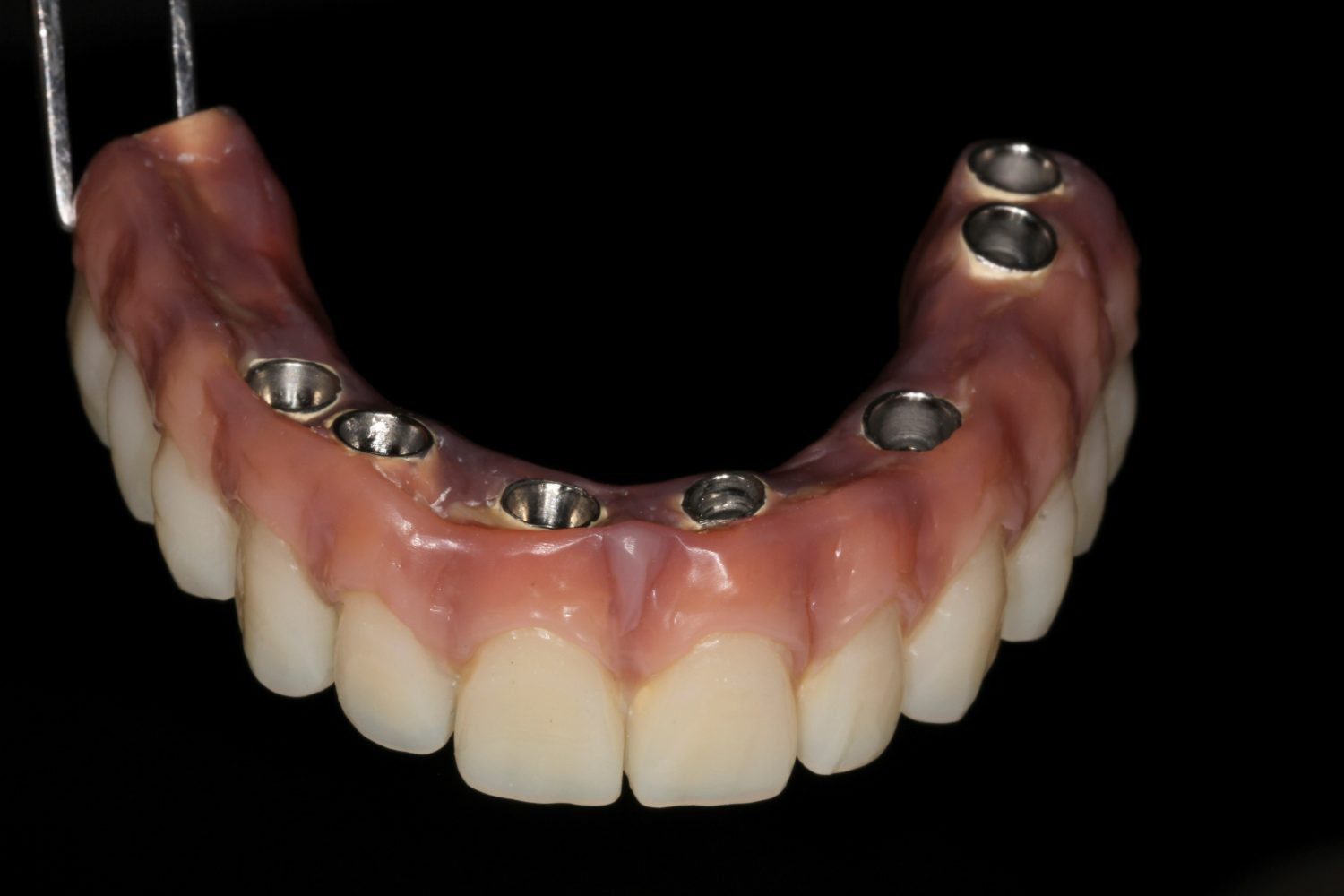Subframe corrosion is a common issue for many vehicle owners. Repairing it is crucial to ensure your car’s safety and performance.
Understanding the cost of subframe corrosion repair can help you plan better. Subframe corrosion occurs when the metal parts under your car start to rust. This can weaken the structure and lead to serious problems. Repairing this damage can vary in cost depending on several factors.
These include the extent of the corrosion, the type of vehicle, and labor charges. Knowing what to expect can help you make an informed decision and avoid surprises. In this blog post, we will explore the factors affecting subframe corrosion repair costs. This will give you a clearer idea of what to anticipate and how to budget for this essential repair.
Subframe Corrosion Basics
Subframe corrosion is a common issue in vehicles, especially in older models. It can lead to significant damage and costly repairs. Understanding the basics of subframe corrosion helps in preventing and addressing this problem effectively.
What Is Subframe Corrosion?
Subframe corrosion refers to the rusting and deterioration of the subframe of a vehicle. The subframe is a crucial component that supports the engine, transmission, and other essential parts. Rust weakens the subframe, compromising the vehicle’s structural integrity.
Subframe corrosion is often visible as rust spots, flaking metal, or holes in the subframe. If unchecked, it can spread and cause serious safety issues. Regular inspections and maintenance are key to identifying and addressing subframe corrosion early.
Common Causes
Several factors contribute to subframe corrosion. Here are some of the most common causes:
- Road Salt: Salt used on roads during winter accelerates rust formation.
- Moisture: Water exposure from rain, snow, and puddles leads to rust.
- Age: Older vehicles are more prone to corrosion due to prolonged exposure.
- Poor Maintenance: Lack of regular cleaning and inspections increases the risk.
- Environmental Factors: Humid climates and coastal areas with salty air contribute to corrosion.
Understanding these causes helps in taking preventive measures. Regular washing, especially after winter, helps remove salt and moisture. Applying rust-proof coatings and conducting routine inspections further protect the subframe.
Signs Of Subframe Corrosion
Subframe corrosion is a common issue in many vehicles. Knowing the signs can help you address the problem early and save on repair costs. This section will highlight key indicators of subframe corrosion.
Visible Symptoms
Rust is the most obvious sign. Check the underside of your car. Look for flaking metal or rust spots. These are clear indicators that corrosion is present.
Cracks in the subframe can also be a sign. Rust weakens the metal over time, leading to visible cracks. Inspect these areas carefully.
Holes in the subframe are another symptom. Advanced corrosion can eat through the metal, creating holes. These are serious and need immediate attention.
Performance Issues
Strange noises are a key indicator. Listen for unusual sounds when driving, especially when going over bumps. These noises can signal a weakened subframe.
Poor handling is another sign. If your car sways or feels unstable, the subframe might be compromised. This affects your vehicle’s alignment and overall safety.
Uneven tire wear can also indicate subframe issues. Corrosion affects the alignment, causing tires to wear unevenly. Check your tires regularly for this sign.
| Signs | Details |
|---|---|
| Rust | Visible on the underside of the car |
| Cracks | Appear in the subframe metal |
| Holes | Advanced rust leading to holes |
| Strange Noises | Unusual sounds when driving |
| Poor Handling | Vehicle sways or feels unstable |
| Uneven Tire Wear | Caused by alignment issues from corrosion |
Risks Of Ignoring Corrosion
Ignoring subframe corrosion can lead to serious consequences. Corrosion weakens the metal, causing structural integrity issues. This can result in dangerous situations for drivers and passengers. The risks associated with neglecting subframe corrosion are substantial and can be divided into two main categories: safety hazards and potential damage.
Safety Hazards
Corroded subframes compromise the vehicle’s safety. The metal can break or bend under stress. This can lead to loss of control while driving. Accidents and injuries are more likely when the subframe is weak.
Another risk is reduced crash protection. In a collision, the subframe absorbs impact. If it’s corroded, it can’t perform this function well. Passengers are at greater risk of injury.
Brake and steering issues can also arise. Corrosion can affect these systems, leading to failures. This poses a serious threat to safe driving.
Potential Damage
Ignoring subframe corrosion can cause extensive damage to other parts of the vehicle. The suspension system is particularly vulnerable. Corroded subframes can lead to misalignment and suspension failure.
Tire wear is another concern. Misaligned suspension can cause uneven tire wear. This not only shortens tire life but also affects vehicle handling and safety.
Additionally, engine and transmission mounts can suffer. Corroded subframes can shift or damage these mounts. This can lead to engine misalignment and transmission issues.
The table below summarizes the potential damage:
| Potential Damage | Impact |
|---|---|
| Suspension Failure | Misalignment and handling issues |
| Uneven Tire Wear | Reduced tire lifespan and safety |
| Engine Mount Damage | Engine misalignment and performance issues |
| Transmission Mount Damage | Transmission problems |
Overall, the risks of ignoring subframe corrosion are severe. Addressing the problem early can prevent these safety hazards and potential damages.

Cost Factors For Repair
Subframe corrosion repair costs can vary greatly. The main factors include labor costs and the price of parts and materials. Understanding these factors helps in budgeting for the repair.
Labor Costs
The labor cost is a significant part of subframe corrosion repair. Skilled mechanics charge by the hour. Rates vary based on location and shop reputation. Here are some typical rates:
| Location | Hourly Rate |
|---|---|
| Urban Areas | $100 – $150 |
| Suburban Areas | $80 – $120 |
| Rural Areas | $60 – $100 |
Labor time can range from 4 to 8 hours, depending on the damage. Complex repairs take longer, increasing the total cost.
Parts And Materials
The cost of parts and materials is another crucial factor. Corrosion may damage various components. These parts often need replacement or repair:
- Subframe
- Bushings
- Bolts
- Seals
Prices for these parts can vary. Some examples include:
| Part | Cost |
|---|---|
| Subframe | $200 – $600 |
| Bushings | $20 – $80 each |
| Bolts | $10 – $30 each |
| Seals | $15 – $50 each |
Using high-quality materials can lead to higher costs. Yet, they offer better longevity and durability. It is often worth the investment.
In summary, labor and parts are the main cost factors for subframe corrosion repair. Knowing these helps in planning and budgeting for your vehicle’s maintenance.
Diy Vs. Professional Repair
Subframe corrosion can be a serious issue for your vehicle. Deciding between DIY or professional repair can impact the cost and outcome. Here, we’ll explore the pros and cons of each approach. This will help you make the best decision for your situation.
Pros And Cons Of Diy
DIY repairs can be cost-effective. You save on labor costs. Many people enjoy the hands-on experience. It can be satisfying to fix your own vehicle. But, DIY repairs have drawbacks. You need the right tools and skills. Some repairs can be complex. Mistakes can lead to bigger problems. Safety is also a concern. Working under a car can be risky.
When To Seek Professional Help
Professional help is best for complex repairs. Experts have the necessary skills and tools. They ensure the job is done correctly. Professionals can spot other issues while repairing. This can save you time and money later. Safety is another reason to seek help. Trained technicians follow safety protocols. This reduces the risk of injury.
Professional repairs come with warranties. This offers peace of mind. If something goes wrong, they will fix it. Although more expensive, professional help can be worth it. You get quality and safety assurance.
Saving On Repair Costs
Subframe corrosion repair can be costly. But there are ways to save money. Simple steps can help keep your car in good shape. This section covers how to cut costs on repairs.
Preventative Measures
Regular maintenance is key. Inspect your car for rust every few months. Look under the car and check the subframe. Early detection can save money.
Wash your car often, especially in winter. Salt from roads can speed up corrosion. Make sure to clean the undercarriage. Use a hose or car wash service.
Apply a rust-proofing spray. This adds a protective layer to metal parts. You can buy rust-proofing sprays at auto stores.
Cost-effective Repair Tips
DIY repairs can save money. Basic rust removal is easy. Sand off the rust and apply a rust converter. Follow with a primer and paint.
Shop around for quotes. Different mechanics charge different rates. Get at least three quotes before deciding.
Use quality parts. Cheap parts may fail sooner. This leads to more repairs. Invest in good parts to save in the long run.
Consider used parts. Sometimes, you can find good used parts. Check salvage yards or online marketplaces.
| Method | Cost | Effectiveness |
|---|---|---|
| DIY Rust Removal | $20-$50 | High |
| Professional Rust Proofing | $100-$200 | Very High |
| Used Parts | $50-$100 | Medium |
Taking these steps can reduce subframe corrosion repair costs. Always stay proactive with maintenance. It keeps your car safe and expenses low.
Warranty And Insurance
Dealing with subframe corrosion is frustrating. Repair costs can strain your budget. Understanding your warranty and insurance options can help ease this burden. Let’s explore how coverage and claims work.
Understanding Coverage
Most car warranties cover corrosion. But there are limits. Check the duration and conditions. Warranty terms vary. For example, some cover only the initial years. Others have mileage limits. Always read the fine print. Knowing your coverage helps you plan repairs better.
Claims Process
Filing a claim can seem daunting. Start by contacting your insurer or dealer. Provide all necessary details. This includes your warranty papers. Also, describe the corrosion issue. Some insurers may need photos. Be ready to share these. Once you submit, follow up regularly. This ensures your claim progresses smoothly. Stay informed throughout the process.
Choosing A Repair Shop
Choosing the right repair shop for subframe corrosion repair is crucial. The quality of the repair can impact your car’s safety and longevity. Here are some steps to help you make the best choice.
Finding Reliable Mechanics
Reliable mechanics are essential for quality repairs. Start by asking friends and family for recommendations. You can also check online reviews on Google and Yelp. Look for shops with consistently high ratings.
Visit a few shops and talk to the mechanics. Ask about their experience with subframe repairs. A good mechanic should be able to explain the process clearly. They should also have the right tools and equipment.
Evaluating Repair Quotes
Getting multiple quotes is important. Repair costs can vary significantly between shops. Ask for a detailed breakdown of the costs. This should include labor, parts, and any additional fees.
| Shop Name | Labor Cost | Parts Cost | Other Fees | Total |
|---|---|---|---|---|
| Shop A | $300 | $200 | $50 | $550 |
| Shop B | $350 | $180 | $40 | $570 |
| Shop C | $320 | $220 | $30 | $570 |
Compare the quotes carefully. The lowest price is not always the best. Consider the shop’s reputation and the mechanic’s expertise. Make sure the quote includes a warranty on the repairs.

Frequently Asked Questions
What Is Subframe Corrosion?
Subframe corrosion is the rusting or deterioration of the metal frame beneath your vehicle. It can weaken the structure, leading to safety issues.
How Much Does Subframe Repair Cost?
Subframe repair costs can vary. Generally, expect to pay between $500 and $1,500. Costs depend on the extent of the damage and labor rates.
Can You Drive With A Corroded Subframe?
Driving with a corroded subframe is dangerous. It can compromise the vehicle’s structural integrity. Immediate repair is recommended to ensure safety.
What Causes Subframe Corrosion?
Subframe corrosion is often caused by exposure to moisture, road salt, and chemicals. Lack of proper maintenance can accelerate the corrosion process.
Conclusion
Fixing subframe corrosion is crucial for vehicle safety. Costs can vary widely. Factors include the extent of damage, labor rates, and parts needed. Regular maintenance can help prevent severe damage. Always get multiple quotes before deciding. This ensures you get a fair price.
Prioritize safety over saving money. Proper repair can extend your car’s life. Stay informed and take action early. Your car will thank you.










